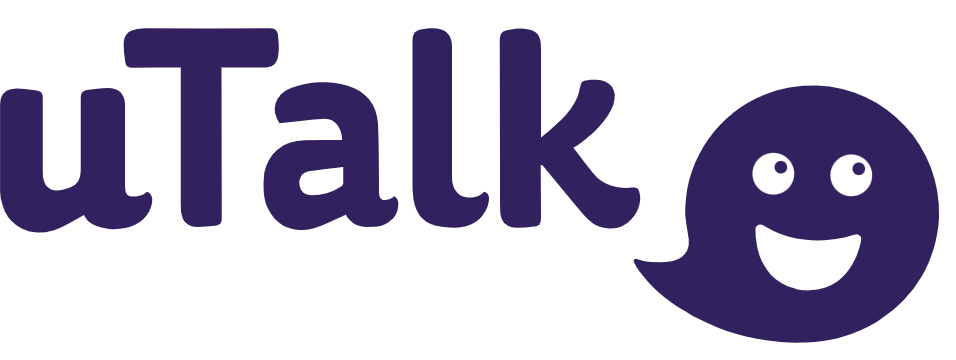Do you want learning Yoruba? Whether you’re planning a trip to Nigeria, want to connect with your roots, or just love the noise of the language, this document will offer you all the details you should get started. From the basics from the language to resources for further learning, we’ve you covered.

What exactly is Yoruba?
Yoruba is really a language spoken by over 20 million people, primarily in Nigeria and Benin. It is a tonal language, meaning that this is of the word can change with respect to the tone used to voice it out. Yoruba can be another language with a rich cultural heritage, which has a long history of poetry, music, and storytelling.
Why Learn Yoruba?
Many reasons exist for to learn Yoruba. First, it’s the native language in the Yoruba people, who make up a significant portion of people in Nigeria. Learning Yoruba may help you connect with this vibrant culture and gain a deeper comprehension of its traditions and values. Additionally, Yoruba is really a language that’s growing in popularity and importance, in Nigeria and round the world.
Getting Started
If you are interested in learning Yoruba, the first task is always to fully familiarize the basic principles in the language. For example understanding the Yoruba alphabet, which consists of 25 letters, and understanding the tone system. It’s also important to begin to build your vocabulary, beginning with common content like greetings, introductions, and questions.
Learning Resources
There are many resources readily available for learning Yoruba, both online and offline. Some popular options include foreign language learning apps like Duolingo and Babbel, which offer Yoruba courses of instruction for beginners. Additionally, there are lots of websites and YouTube channels committed to teaching Yoruba, as well as books and language courses available for sale.
Strategies for Learning Yoruba
Learning a brand new language can be tough, but there are numerous tricks and tips that can help make the process easier. Here are some methods for learning Yoruba specifically:
Practice regularly: Consistent practice is the vital thing to mastering any language, so make an effort to reserve time each day to rehearse your Yoruba skills.
Immerse yourself within the language: Greater you are able to put around you Yoruba, the greater. This may include playing Yoruba music, watching Yoruba movies, or conversing with native speakers.
Discover a language exchange partner: Connecting with a native Yoruba speaker that’s also learning foreign languages can be a fantastic way to practice speaking and have feedback on your skills.
Don’t be afraid to create mistakes: Making mistakes is a natural part in the learning process, so don’t allow fear hold you away from practicing and improving your skills.
Common Phrases and Vocabulary
To help you get started with Yoruba, here are a few common phrases and vocabulary words:
E kaaro (Hi)
E kasan (Good afternoon)
E kaale (Good evening)
Bawo ni? (How’s it going?)
Mo wa dupe (I’m fine, thank you)
Ejo (Please)
Ojo meta (3 days)
Oko (Husband)
Iyawo (Wife)
Aburo (Younger sibling)
Conclusion
Learning Yoruba can be a rewarding and enriching experience, whether you’re interested in connecting with your cultural heritage, exploring a fresh language and culture, or just expanding your linguistic skills.
For more info about learn yoruba take a look at this resource
